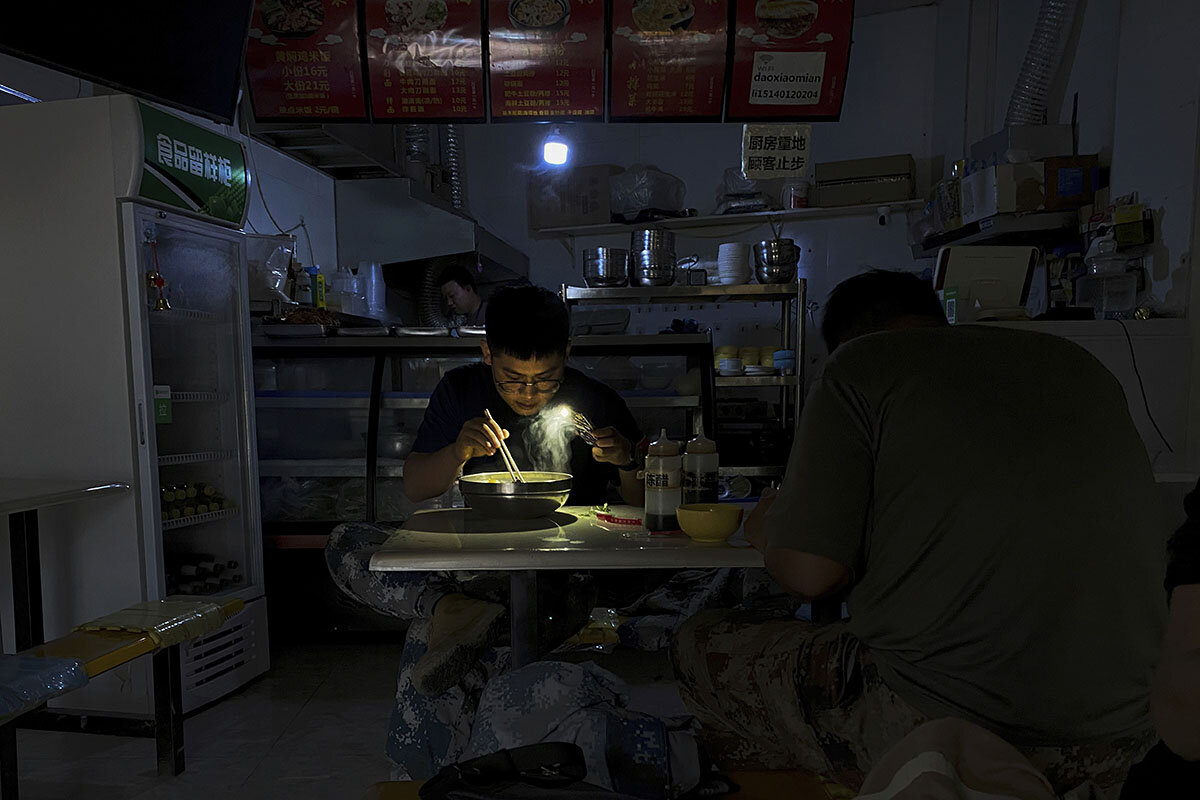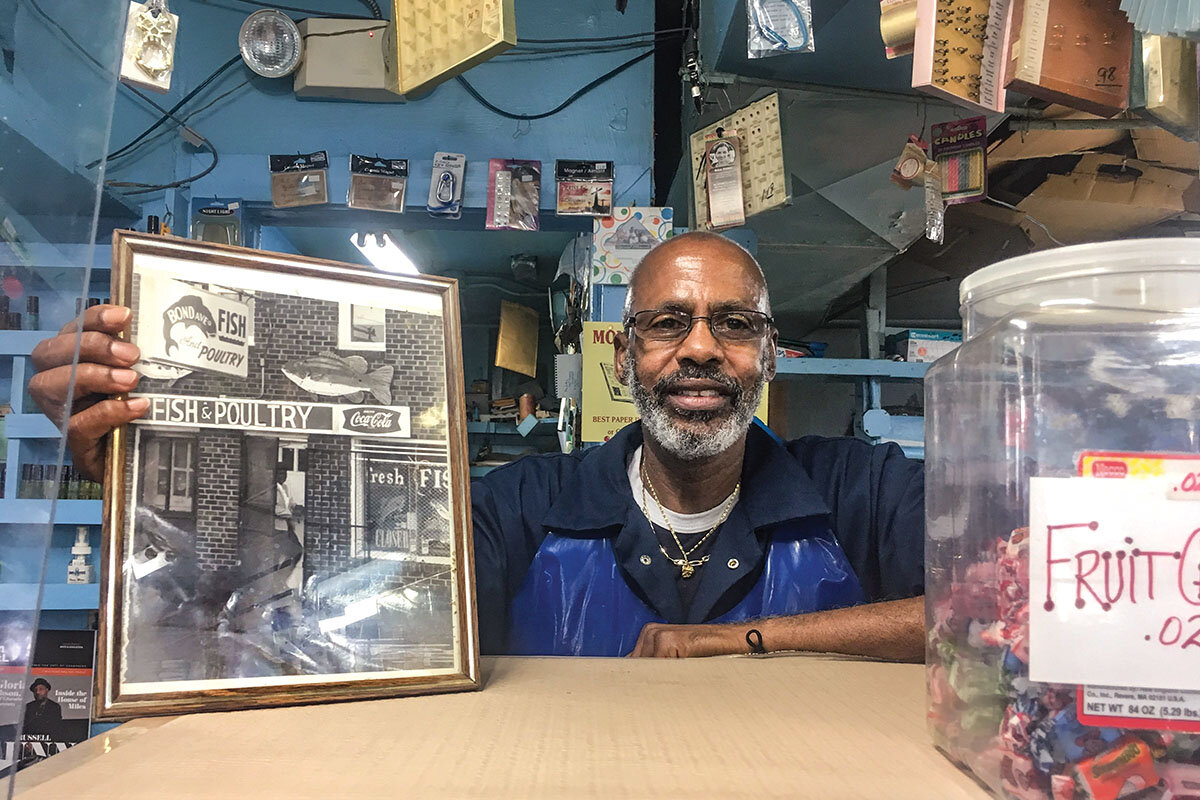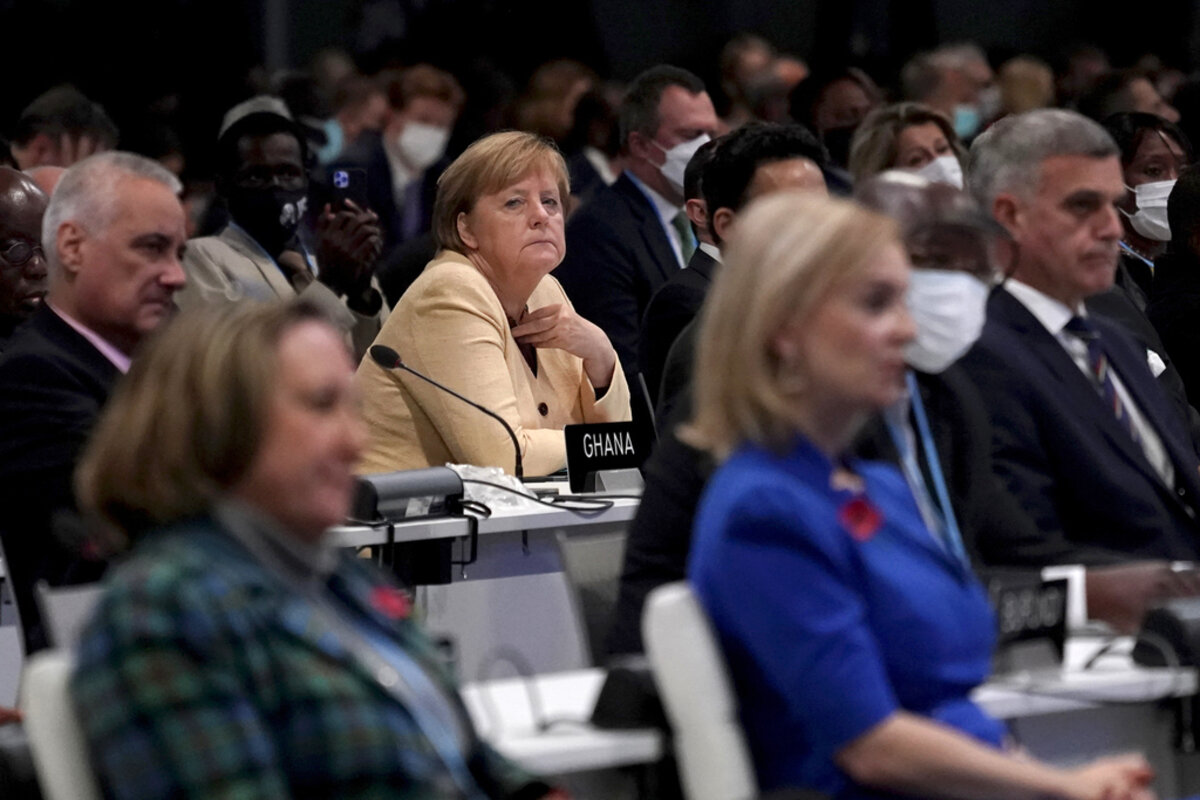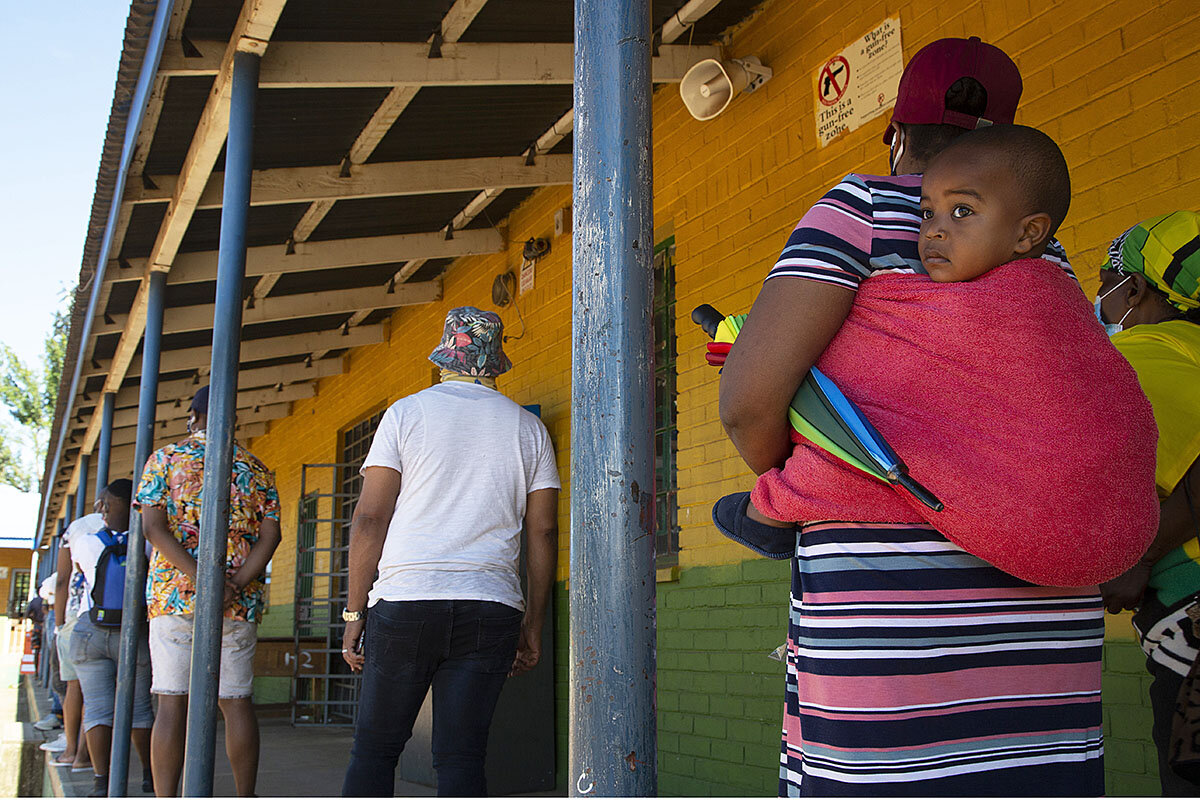Monitor Daily Podcast
- Follow us:
- Apple Podcasts
- Spotify
- RSS Feed
- Download
 Clayton Collins
Clayton Collins
It’s November, and retailers are launching into a siren song that will build to a wail as the holidays near. Despite supply chain kinks, surging energy costs, and labor shortages, sellers have collectively maintained “pricing power.”
That’s power over you, the consumer. It’s rooted in demand. More than $2 trillion in pandemic-era savings – largely with high-income people – is ready to be spent, much of it on mass-produced goods.
“How about if we just don’t,” says Liesl Clark, co-founder of the Buy Nothing Project, which is based on giving things away. Currently in more than 40 countries, it’s just days away from expanding from local Facebook groups (“outgrown,” says Ms. Clark) to its own location-based app. “I don’t mean [not buying] in an austere way,” she says in an interview. “It’s really fun. People are getting things they never dreamed of.”
One news story highlighted the quirky aspect of Buy Nothing’s traffic in freebies – think dryer lint (as hamster bedding). But there’s more to it. Quality cookware that its user is done with can introduce a recipient to an out-of-reach brand while also meeting a need, Ms. Clark says.
Givers can feel grateful too, and not just for having helped.
“Minimalists come as a generational thing,” Ms. Clark says, “after the maximalists.” Kids of baby boomers don’t want their parents’ stuff. Sure, they can store it. Or they can spread it around.
Gifting is an economic culture-shifter. “[It’s] building more resilient communities,” Ms. Clark says. “You know who your neighbors are [in a hyperlocal marketplace]. You come to rely on neighbors.” And that siren song to buy new – “fast fashion” and all the rest?
“Let’s actually pretend there are no stores and see if we can meet our needs,” Ms. Clark says. “The ultimate goal has been to send a message to the producers: We don’t need it.”










